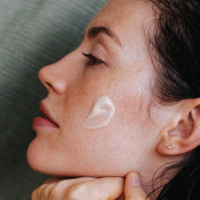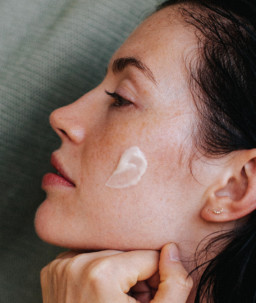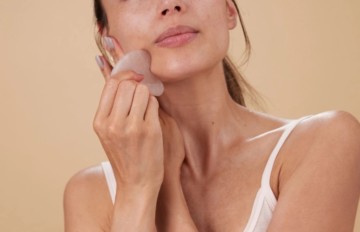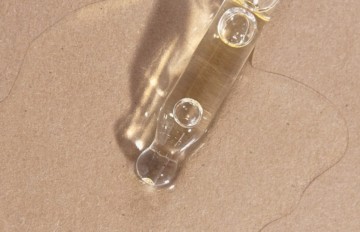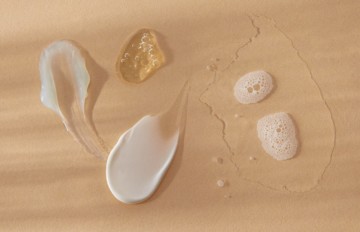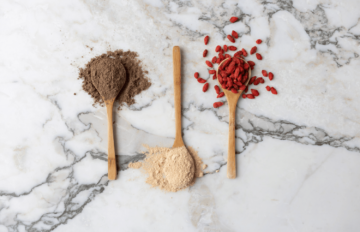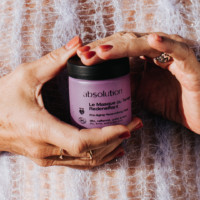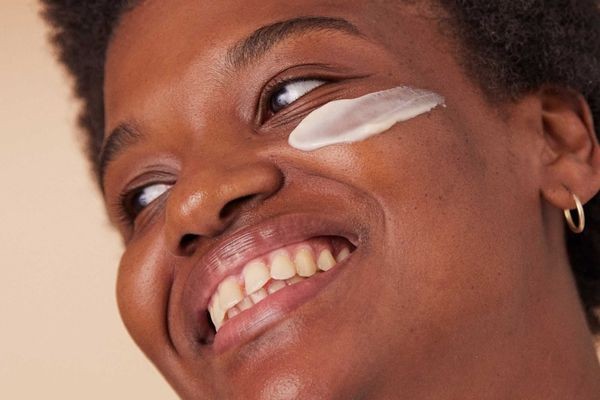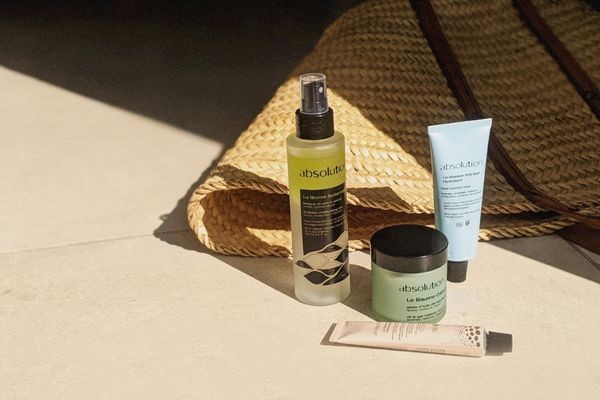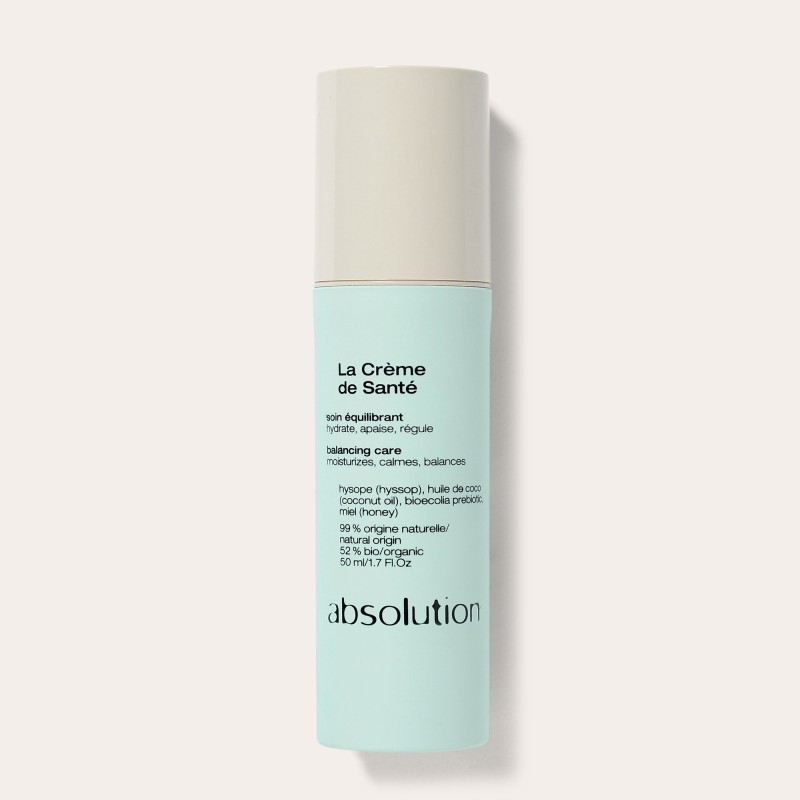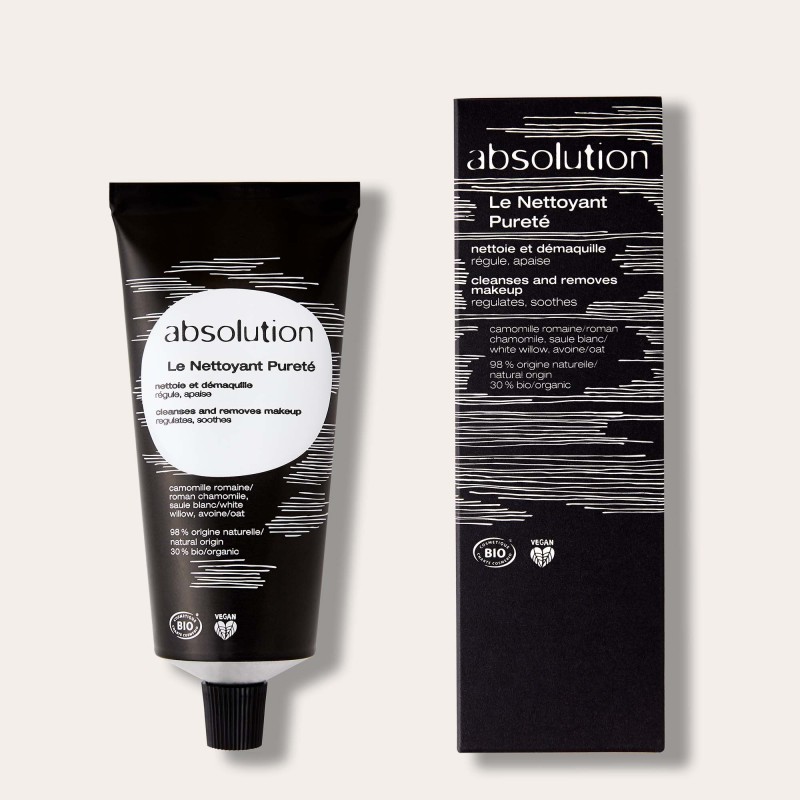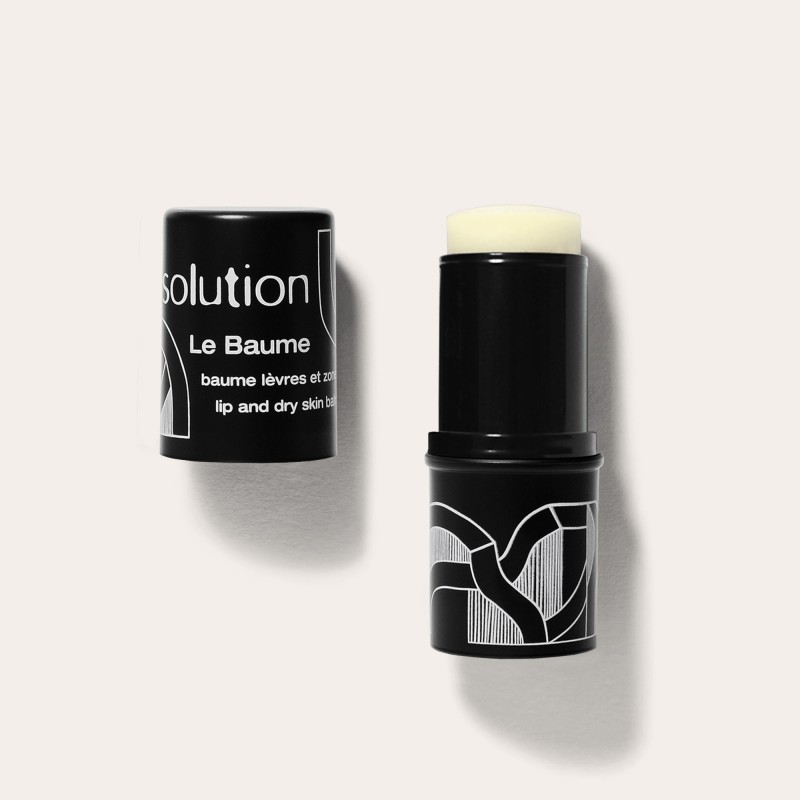
What effects does coconut oil have on the skin?
The benefits of coconut oil for the face
Soothing, repairing, nourishing, antibacterial… Coconut oil has many valuable properties! It’s an excellent oil for dry and dull skin, but can also be used on other skin types. And it smells delicious…

Where does coconut oil come from?
Coconut oil usually comes from southeast Asia and Polynesia, and is cold pressed from the flesh of coconuts. It’s rich in essential fatty acids and vitamins, which give it exceptional nourishing and moisturizing properties for the skin. Its scent is sweet and exotic, and loved by many, while its texture changes with the temperature. In warm weather, coconut oil is thick and milky, but it becomes solid when it’s cold. This is an oil that likes to be warm!
Tip: If your coconut oil has solidified, simply place the jar in warm water for a few minutes before using it, so it goes back to a liquid state.
What are the benefits of coconut oil for the skin?
One of the main reasons why coconut oil is used in so many cosmetic products is due to its repairing properties. And because it promotes hydration, this botanical oil is particularly beneficial for fragile, weakened, dry, or very sensitive skin. It forms a protective layer on the skin surface, to shield it from environmental aggressors. Coconut oil also helps to heal skin that’s irritated, and restores elasticity and suppleness to mature skin. By now, you’ve probably understood that if you want to find an oil that will help keep your skin healthy, coconut oil is a good place to start!
Should coconut oil be used on the face?
Coconut oil certainly can be used on the face, but the way in which you use it will depend on your skin type. Its beauty benefits make it a star ingredient in many facial moisturizers. With its soothing, nourishing and repairing properties, it’s definitely worth incorporating into a skincare routine for dry skin, for example. Coconut oil could also be used in a pro-aging routine, for its regenerating powers. It’s rich in Vitamins A and E, which make it an excellent antioxidant that can revitalize skin tissue, fight free radicals, and slow down the appearance of lines and wrinkles.
How should you use coconut oil on the face?
There are other ways you can use coconut oil to care for your face:
- To remove makeup: Try the double-cleansing method! Massage the equivalent of half a teaspoon of coconut oil over the face, lips and neck to remove all makeup and lipophilic (fat-soluble) impurities, then follow with Le Nettoyant Pureté to remove all traces of oil.
- To repair your lips: Apply a fine layer on your lips before going to bed. Or, if you want something a little more “complex,” apply our Le Baume instead. This vegan balm is formulated with 22 botanical active ingredients and can also be used on dry patches on the face.
What are the disadvantages of coconut oil?
Coconut oil has a very high comedogenic rating (4/5), so you should be careful about using it if you have blemish-prone or oily skin. On the one hand, this botanical oil has antibacterial properties, which can effectively fight acne, but on the other hand it may clog pores and cause blackheads or spots to form. So in this case, we’d advise you not to use coconut oil pure on the face, and instead look for formulas that contain it in small amounts, such as La Crème de Santé, which works well on blemish- and acne-prone skin.
If your skin tends to be oily and you want to use pure ingredients on it, opt for non-comedogenic botanical oils that have a very low comedogenic rating, such as Jojoba Oil or Hazelnut Oil.
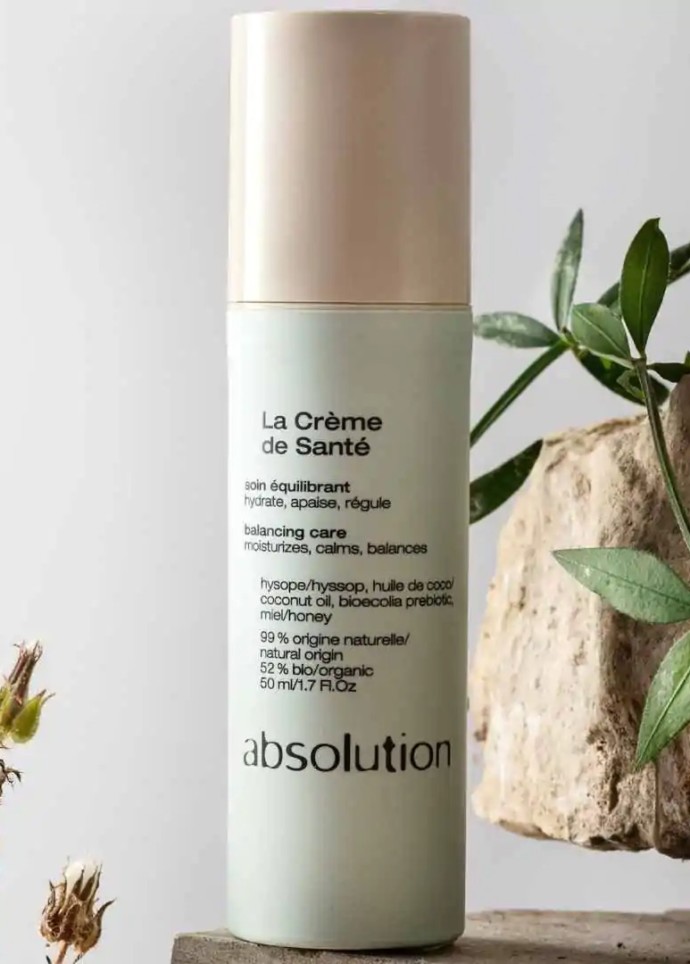
What kind of coconut oil should you use?
If you want to get the most out of coconut oil for your face or body, it’s best to use an organic extra-virgin oil. This ensures that it hasn’t gone through any refining processes. When a botanical oil is refined, its chemical composition is changed by the hydrogenation process. This may make it cheaper, but it certainly doesn’t improve its quality. Quite the opposite, in fact!
